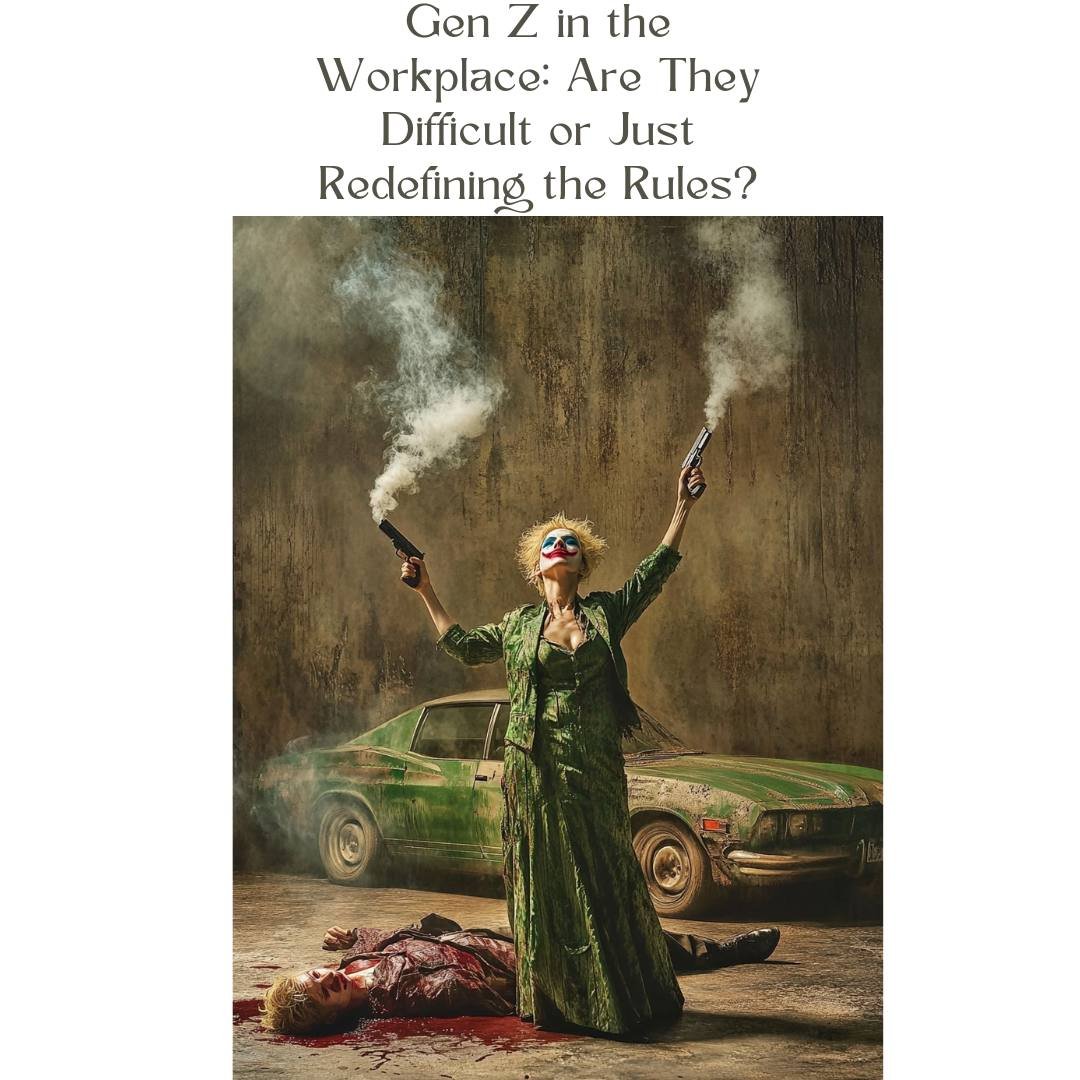There are some things we can all agree on, regardless of what generation we belong to: a comfortable salary, flexible work arrangements, and healthy, well-boundaried relationships at work. These are universal desires that most of us can get behind without much debate. However, there’s a growing perception, particularly on social media, that Gen Z—the generation born between 1997 and 2012—is difficult to work with.
Take this fire-starter tweet, for example:
https://x.com/harnidhish/status/1863772693985726583
Cue the internet losing its collective mind. Some people agreed others threw shade, but it all boiled down to one lingering question: Why do so many people find Gen Z “difficult” to work with? And honestly, what do managers really mean when they say “difficult”? Are we talking about Gen Z being entitled, or are they just challenging the status quo in a way that’s… well, uncomfortable for some?
Let’s unpack this generational showdown, shall we?
The Great Gen Z Perception Problem
According to a survey by ResumeBuilder.com, 74% of managers think Gen Z is the hardest generation to work with. They threw out words like “entitled,” “unmotivated,” and “lacking productivity.” Yikes. Some even confessed to firing Gen Z employees because of these issues.
But hold up—before we start pointing fingers, let’s zoom out for a second. Are these “difficult” qualities really about Gen Z being bad at work? Or are they simply proof of different approaches to work and life? Let’s dig into a few of the common criticisms and see what’s really going on here.
1. Gen Z Wants Leaders with Empathy (Is That So Radical?)
Let’s talk empathy—because Gen Z isn’t just asking for it, they’re demanding it. In fact, a Forbes study found that Gen Z ranked empathy as the second most important quality in a boss. (For context, older generations ranked it… fifth. Oof.)
Why the disconnect? Well, Millennials and Boomers didn’t grow up with the same access to mental health resources, self-care conversations, and pandemic-shaped chaos that Gen Z did. Many of them see empathy as nice-to-have, while Gen Z sees it as non-negotiable. And honestly, is that such a bad thing?
Here’s the truth: prioritizing empathy isn’t just touchy-feely fluff. It’s the secret sauce to better workplace culture, happier teams, and people who actually want to stick around. So, while some managers might roll their eyes, this is one generational shift that’s worth leaning into.
2. Boundaries or Bust (Sorry, Not Sorry)
Another hot topic? Boundaries. Gen Z loves them. Lives by them. Will fight for them.
Take the infamous “text before you call” rule. To Gen Z, it’s a small way to maintain control over their time and avoid unnecessary stress. To older generations, it can seem borderline absurd. (“Why can’t I just call you? It’s faster!”)
“I interrupt this article with a conversation I had with my mom on call mere moments ago. I was working on this article, upstairs in my room and I got a call from my mom asking me what my dinner plans were and I asked my mom to text me about anything she wanted to discuss she said and I quote, “Come downstairs and talk to me about dinner, I can’t text you.” Sigh.
But here’s the kicker: boundaries can’t always be rigid. Sometimes a call is actually the better option. The takeaway? Gen Z could work on being more adaptable, while older generations could embrace the fact that boundaries are about respect, not laziness.
3. Feedback: The Necessary Evil (Make It Useful, Please)
Feedback has always been a tricky workplace dance. Nobody likes being criticized, but Gen Z is often called out for being especially bad at handling it.
Here’s the thing, though: it’s not that Gen Z hates feedback—it’s that we hate useless feedback. Vague critiques like “be better” or “try harder” don’t cut it. We want specifics. Context. A roadmap to improvement. (And no, this isn’t a “sensitivity issue”—it’s just common sense.)
If anything, this is an opportunity for workplaces to rethink how feedback is delivered. Actionable, constructive feedback benefits everyone, no matter the generation.
(Side note: As a Gen Z writer, I’m painfully aware I’ll get feedback on this very article. Am I prepared for it? Absolutely not. But hey, we’re all a work in progress.)
Bridging the Gap: It’s Not You, It’s All of Us
Here’s the reality: every generation has brought its quirks, priorities, and “difficulties” to the workplace. Boomers prioritize financial security. Millennials champion work-life balance. Gen Z? We’re here for empathy, boundaries, and meaningful communication.
The friction isn’t about right vs. wrong; it’s about change. Gen Z isn’t just asking for things to stay the same—we’re challenging outdated norms and refusing to settle for workplaces that don’t align with our values. And you know what? That’s not “difficult.” That’s progress.
So, next time someone complains about how “hard” Gen Z is to work with, ask yourself this: Are we really that hard to work with, or are we just pushing for workplaces to do better? Because the way we see it, prioritizing mental health, clear communication, and respect isn’t a “problem”—it’s the future.
P.S. – Can You Tell This Was Written by a Gen Z?
P.P.S. – While researching this article, I found a quote that had me rolling:
“Some professionals are worried their Gen Z colleagues might cancel them if they say or do the wrong thing.”
To which I say… duh? Of course, we will.
Accountability is kind of our thing. (But don’t worry, we’ll give you constructive feedback first.)

